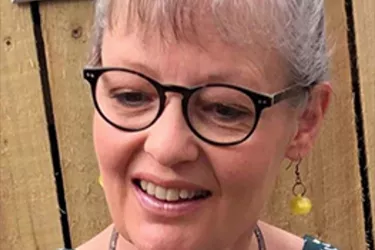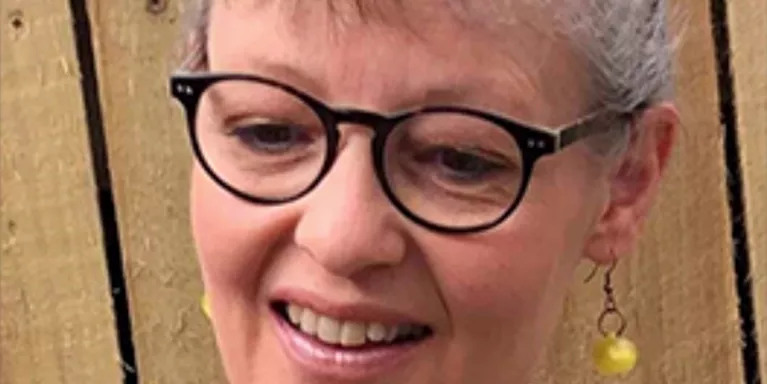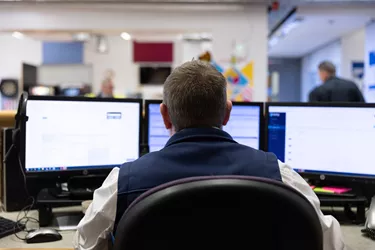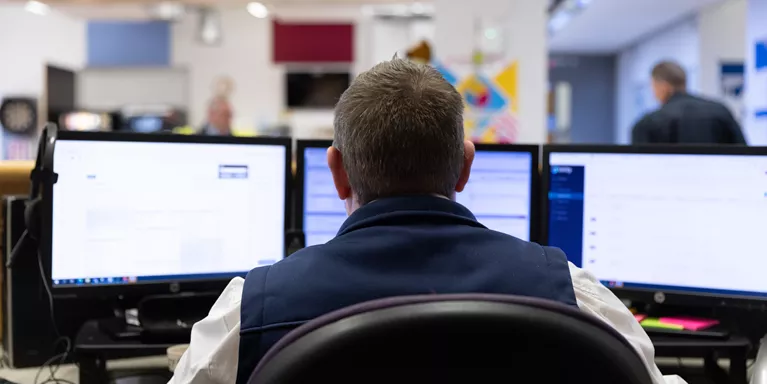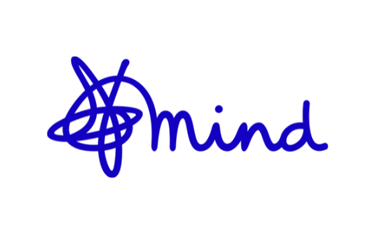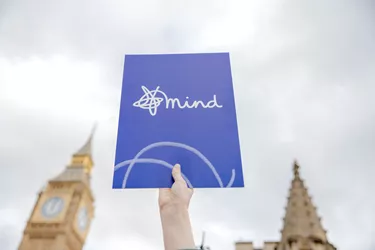How social prescribing helped me get back on track
Alison blogs about how being linked to support in the community has increased her confidence and given her new hope.
I don’t find writing about mental health very easy, it’s so close and raw. You have to be vulnerable to allow yourself to sit and acknowledge what you actually feel and think and usually I keep so busy as a way to avoid going there and facing those demons which lurk in the shadows.
I’ve been experiencing depression and anxiety since moving to London as a newly married women in the 90’s. But as a child, a second daughter, I remember feeling misunderstood and unheard by parents and teachers, my confidence dropping, as I lived under my older sister’s shadow.
Having children of my own was the most joyous, fulfilling, purpose driven time of my life. It was exhausting but wonderful. My daughters are the two things I am most proud of and they have kept me going in the darkness times.
In my mid 40’s anorexia struck. I found that I was struggling to accept myself, wanting to shrink and disappear, and feeling like I didn’t have any worth or purpose. Gradually through a course of Dialectical Behaviour Therapy (DBT) over a period of 18 months, I learnt strategies to help me stay on track. Thanks to these, I am now recovering well. I know to avoid any triggers and recognise any early signs of things reoccurring can be nipped in the bud quickly.
I now meet regularly with a close friend for a coffee and an honest catch up once every week or ten days which is vital for each of us and keeps my mental health and wellbeing grounded.
"It’s not easy. It can be extremely isolating and lonely, frustrating and exhausting too."
Sometimes I would rather just break a leg because it mends; you heal and you get on with your life, whereas anxiety and depression are always close and a constant battle to be kept in check. To be vulnerable and honest is tough but usually once you allow yourself to open up and be real, people are willing to listen and support.
Recently my GP suggested I try something called social prescribing and put me in touch with a link worker from Brecon and District Mind.
"This was a service that would help me to explore support and options available in the community."
I wanted to give it a go as I am beginning to find some confidence and a desire to explore options available in the community where perhaps I can gain further confidence and experience and also structure my week a little better.
I wasn’t too sure just what to expect from the project. The initial phone call from Rhiannon, my link worker, put me at ease straight away and we agreed a time to meet. I have now seen Rhiannon a number of times, each time discussing my interests or how she can provide me with further information about a local service, or sometimes she helps me with a point of contact for a service or activity in the community.
I feel a lovely connection with Rhiannon; she listens, empathises, encourages and informs but most of all she saw some potential in me straight away.
"There was hope, I could feel it rising within me!"
I am taking small steps and as I have continued to see her and allowed myself to be real and vulnerable, other issues have come up in our conversations that Rhiannon has been able to help with and offer further advice and information on.
I now swim once a week, I volunteer in a charity shop and I’m signed up for a course in September for eight weeks, called My Generation through Mind. I beginning to take more photographs again and getting out for walks too.
I am incredibly grateful for this service which continues to support me at this time in my life.


Information and support
When you’re living with a mental health problem, or supporting someone who is, having access to the right information - about a condition, treatment options, or practical issues - is vital. Visit our information pages to find out more.
Share your story with others
Blogs and stories can show that people with mental health problems are cared about, understood and listened to. We can use it to challenge the status quo and change attitudes.










